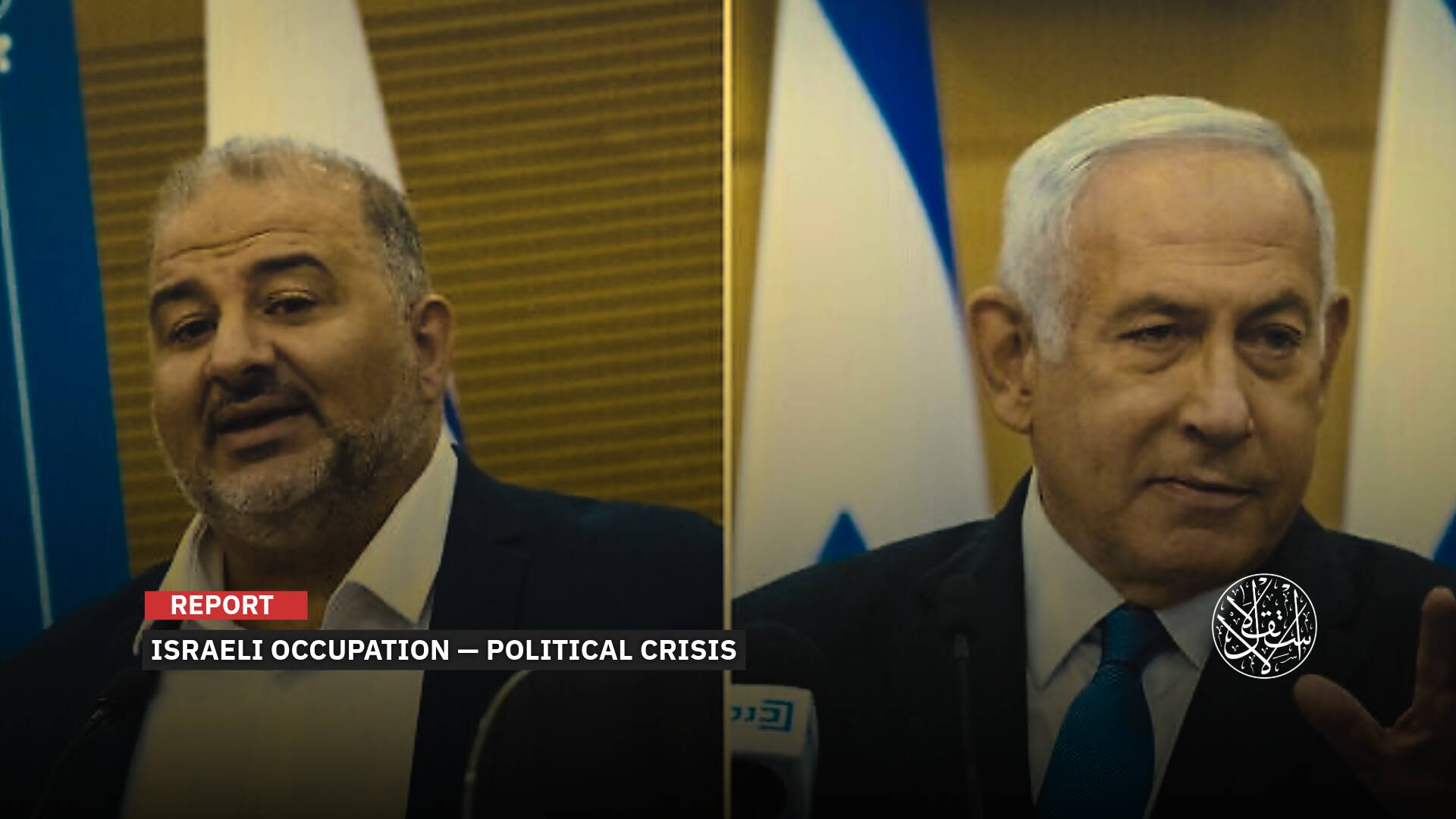Abdul Qadeer Khan, the ‘Father of the Nuclear Bomb’ of Pakistan, National Popularity and Western Hate

Abdul Qadeer Khan, the architect of Pakistan's nuclear program, has died at the age of 85, state broadcaster BTV reported on Sunday.
The Pakistani nuclear scientist, a national hero in his country because he made it the first Muslim country to join the world powers by possessing a nuclear bomb. The West considers him responsible for smuggling technology to Iran, North Korea and Libya.
Khan was infected by the coronavirus in August, and was then sent home before his condition deteriorated on Sunday morning, the BTV said.
The New York Times reported “Dr. Khan was the man who made Pakistan a nuclear power. For at least 25 years, starting from scratch in 1976, he built, bought, bartered and stole the makings of weapons of mass destruction.”
Pakistani President Arif Alvi wrote on Twitter, expressing "deep sadness" at the death of the scientist he has known since 1982, and added: "He helped us develop a nuclear deterrent vital to the survival of the nation, and the country will never forget his services."

His Life in Brief
Khan was born on April 1, 1936 in the Indian city of Bhopal, 11 years before the bloody partition of the British-Indian Empire that led to the birth of Pakistan and India on August 14 and 15, 1947. At that moment, he migrated to Pakistan with his family.
He obtained his science degree at the University of Karachi in 1960, then went on to study metallurgical engineering in Berlin before completing his advanced studies in the Netherlands and Belgium.
India's detonation of its first nuclear bomb in 1974 caused Pakistan to mobilize its efforts to balance with its neighbor, so the Pakistani Prime Minister at the time, Zulfikar Ali Bhutto, summoned Abdul Qadeer in 1975 from the Netherlands to assign him the presidency of Pakistan's nuclear program.
“By 1978, his team had enriched uranium and by 1984 the country had the capability to detonate a nuclear bomb,” Khan later said in an interview. Khan emphasized that nuclear defense is the best deterrent.
After Islamabad conducted atomic tests in 1998 in response to India's, Khan insisted that Pakistan "never wanted to build nuclear weapons. It had to."

Achievements and Awards
Dr. Khan was the first Pakistani to be awarded 3 presidential medals. He has been awarded the Nishan-e-Imtiaz (Order of Excellence) twice and the Hilal-e-Imtiaz (Crescent of Excellence) once.
Minister for Interior Sheikh Rasheed said that “Dr Abdul Qadeer Khan had helped him a lot with educational activities, adding that he had remained a visionary leader in times when Pakistan was going through a sensitive period.”
Rasheed pointed out that “the government will accord a state funeral to the scientist in recognition of his services for Pakistan.”
He added "He was a great scientist. He served his country and served it with dignity and hard work," the minister stressed. "The entire country respects him and he will be buried with honour today at 3:30pm."
His vital contribution to Pakistan's nuclear program was the purchase of a scheme for centrifuges that would convert uranium into weapons-grade fuel for nuclear fissile material.
He was accused of stealing it from the Netherlands while working for the Anglo-Dutch-German nuclear engineering group Urenco and returning it to Pakistan in 1976.

National Hero
Pakistan's Prime Minister Imran Khan tweeted: "He was loved by our nation because of his critical contribution in making us a nuclear weapon state...for the people of Pakistan he was a national icon."
According to the New York times’ website, “in a 2010 interview with Geo TV, a private Pakistani television network, Dr. Khan said that he had been motivated by the events of 1971, when Bangladesh, then known as East Pakistan, broke away to become an independent country following a bloody civil war in which Indian forces backed the separatists.”
He added: “My objective in making the atomic bomb was that Pakistan becomes safe. I wanted that what happened in 1971 to never be repeated again.”
The controversy over Khan's career did not seem to affect his popularity internally.
Many charitable schools, universities, institutes and hospitals across Pakistan are named after him, and his image adorns their banners, stationery, and websites.
Villain to the West
The Guardian News agency described him as “he was declared by the west to be a dangerous renegade for sharing technology with rogue nuclear states.”
The New York Times website stated that “an international effort led by British and American intelligence agencies uncovered parts of the Khan network at the start of the 2000s. It discovered a global web of scientists, front companies and factories that it believed had transferred weapons technology to Iran, Libya, South Africa and North Korea.”
It added: “The C.I.A. had long suspected “that Khan was sharing his deadly expertise beyond Pakistan’s borders,” the former C.I.A. director George J. Tenet wrote in his 2007 memoir. “His range of international contacts was broad — in China, North Korea, and throughout the Muslim world.”
It continued: “The C.I.A. believed that he was trading nuclear expertise and material for other military equipment — for example, aiding North Korea with its uranium-enrichment efforts in exchange for ballistic missile technology.”

Years in House Arrest
According to the BBC news agency “Khan was arrested in 2004 for illegally sharing nuclear technology with Iran, Libya, and North Korea.”
It added “The revelations that he had passed on nuclear secrets to other countries shocked Pakistan. In a televised address, Dr. Khan offered his "deepest regrets and unqualified apologies."
ID. Khan was pardoned by Pakistan's then-president, Pervez Musharraf, but he was held under house arrest for years in his palatial Islamabad home until 2009.”
According to Reuters: “Musharraf once described Khan's admission of guilt, following a tip-off from the CIA, as the most embarrassing moment of his presidency.”
The news agency stressed that “In his confession, Khan said he acted alone without the knowledge of the state officials. Later he said he had been scapegoated.”
It added, “Pakistan never let foreign investigators question Khan, saying it had passed on all relevant information about his nuclear proliferation, despite repeated calls for access by Western officials and the International Atomic Energy Agency.”








